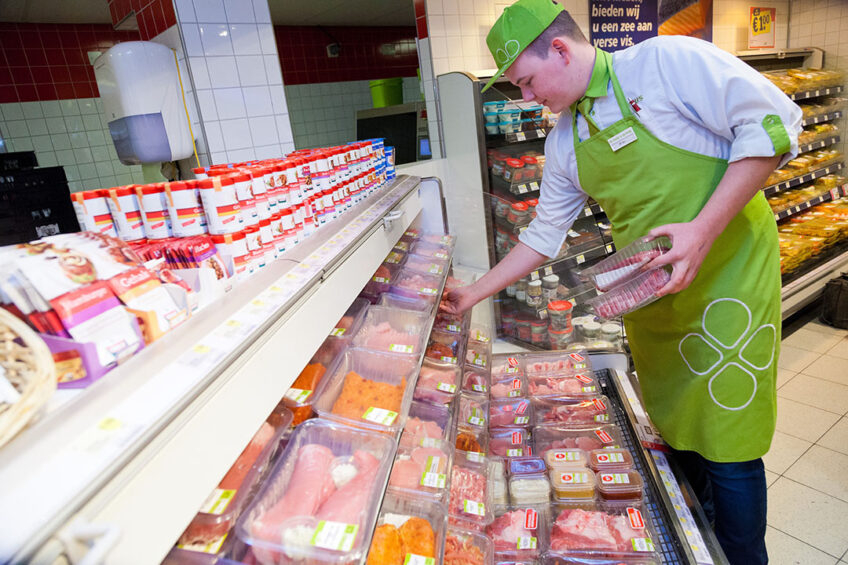June 15, 2025 | 22:28 GMT +7
June 15, 2025 | 22:28 GMT +7
Hotline: 0913.378.918
June 15, 2025 | 22:28 GMT +7
Hotline: 0913.378.918

Global pork consumption is expected to grow at a projected 0.7% compound annual growth rate from 2022 to 2030. Photo: Joris Telders
According to Rabobank’s report, the advantage will likely be in the hands of low-cost producers, such as Brazil and the US. Europe’s position, meanwhile, is expected to weaken, primarily due to an increase in market and regulatory requirements concerning animal welfare and sustainability.
Eva Gocsik, senior analyst (animal protein) at Rabobank, noted that global pork consumption is expected to grow at a projected 0.7% compound annual growth rate from 2022 to 2030. Next year, in 2024, this is anticipated as a result of easing inflationary pressures and further recovery from African Swine Fever in Southeast Asia and Asia. In the longer term, population growth and economic development will further drive consumption growth, which will offset the ongoing decline in consumption in Europe.
Foreign exchange rates as well as shipping, labour and pig production costs are major factors affecting the competitiveness of global pork exporters. Gocsik notes that Brazil is emerging as a remarkable player, and in 2022 captured 24% of Chinese pork imports, cementing its position as China’s second-largest supplier. Brazil continues to maintain its production cost advantage over European exporters.
The US and Canada continue to hold their status as low-cost pork exporters thanks to affordable feed and ongoing access to key markets. The value of US and Canadian pork may see an increase due to further consolidation and sustainability initiatives . Regardless, US and Canadian pork and variety meat exports will remain central to the global pork trade.
In the EU, increasing sustainability and animal welfare standards require investments from producers. And while European pork exports remain significant, they are anticipated to shrink as production costs are anticipated to rise further.
“African swine fever continues to impact importing countries in Asia directly and European exporters indirectly through trade restrictions, reshaping global trade patterns,” said Gocsik. Meanwhile, some regions are testing vaccines and gene editing, which could potentially offer a competitive advantage to some producers.
(PP)

(VAN) Extensive licensing requirements raise concerns about intellectual property theft.

(VAN) As of Friday, a salmonella outbreak linked to a California egg producer had sickened at least 79 people. Of the infected people, 21 hospitalizations were reported, U.S. health officials said.

(VAN) With the war ongoing, many Ukrainian farmers and rural farming families face limited access to their land due to mines and lack the financial resources to purchase needed agricultural inputs.

(VAN) Vikas Rambal has quietly built a $5 billion business empire in manufacturing, property and solar, and catapulted onto the Rich List.

(VAN) Available cropland now at less than five percent, according to latest geospatial assessment from FAO and UNOSAT.

(VAN) Alt Carbon has raised $12 million in a seed round as it plans to scale its carbon dioxide removal work in the South Asian nation.

(VAN) Attempts to bring down the price of the Japanese staple have had little effect amid a cost-of-living crisis.